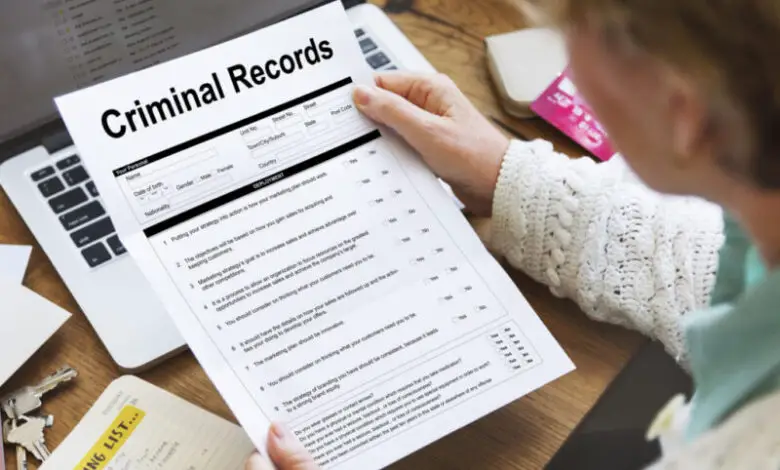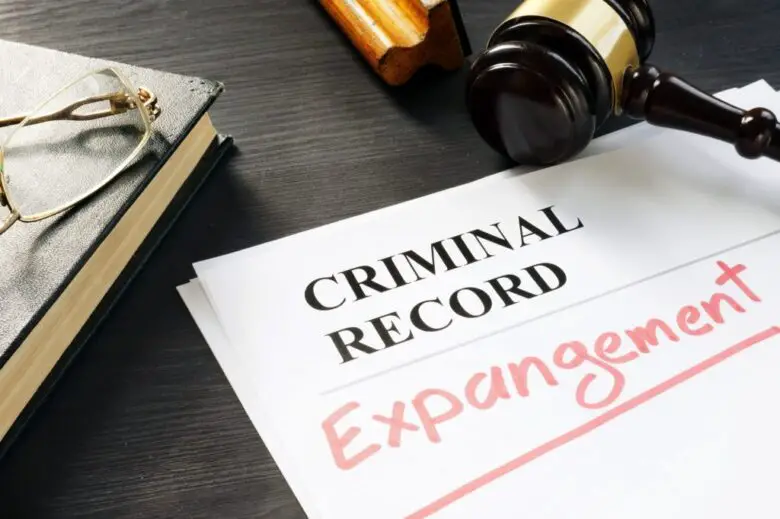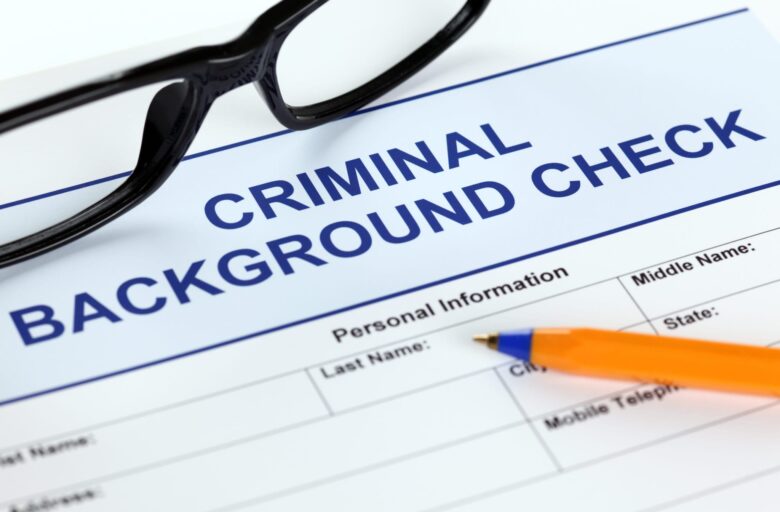How to Clear Your Criminal Record in 7 Easy Steps

Having a criminal record can make your life much harder. A single mistake made in the past can cost you a lot in the future. For example, people with a criminal record have lower chances of getting a well-paid job, rent a flat, adopt a child, etc. While most people would associate a police record with some serious offenses, the truth is that even some minor mistakes can be in your rap sheet and create barriers for you later in your life.
So what can you do if you have a criminal record? If you are reading this, you are probably facing this problem like many people nowadays. In the following article, we will explain how you can clear your criminal record in only seven steps. By doing so, you will be able to have a fresh start without any consequences of your past life.
While this process is not the same in every state, here are some general steps:
1. Seal or expunge your record?

First, you might ask yourself whether you want to seal or clear your record. What you should be aware of is that sealing a record is not the same as expunction (clearing the record). Sealing your record means that your record can only be seen by certain people such as parole officers or prosecutors. In order for someone to see your record, one must receive a court order. Usually, records are sealed when a person is charged as a juvenile. Sealing can also be the right choice if you want to prevent future employers from seeing your police record. However, this does not mean that your rap sheet is erased, with the court permission anyone can get access to your record. If you want to clear it completely, you might consider the expunction.
2. Check whether you are eligible for expunction

You should bear in mind that not all types of crimes can be cleared from your criminal record. It is almost impossible to erase some serious offenses, such as violent felonies, pornography, or sexual assaults. However, do not get discouraged, if you only committed a misdemeanor, you have a high chance of getting it erased. Misdemeanors usually involve driving under the influence of alcohol, vandalism, marijuana possession, etc. You might want to consult a professional to check whether the crime you have committed can be cleared in your country.
Moreover, the court will check some other factors such as whether you are convicted for the first time or how much time has passed since you committed a crime. And one more thing you should bear in mind is that laws vary between each state, so you might consider hiring an attorney who can help you check whether you are eligible for the expunction.
3. Collect the necessary paperwork
After making sure that you are eligible for an expunction, you must collect the necessary paperwork. Depending on the state, you can be required to gather the following data: the date of your arrest, type of crime you were convicted, the original indictment… Even though it is not necessary to hire an attorney, you might consider hiring one. A qualified attorney can make this process much easier for you. An attorney can help you collect the necessary paperwork, file a petition to the court, and answer any questions you might have regarding this process. Professionals like recordpurge.com can help you in this process.
4. File your petition with the court
Having collected all the paperwork and having filled all the forms, the next step is to file a petition with the court. The court will then investigate your criminal history and decide whether you are eligible for expunction. As we have already mentioned, the court will take various factors into consideration, such as the type of crime, when the crime was committed, if you have previously been charged with a crime, etc. The court might also decide whether you should go to a hearing. Usually, if there are no objections against your appeal, the court will grant your expungement without a hearing.
5. Go to a hearing
Even though it is not always the case that the court asks of you to go to a hearing, sometimes it can happen. Mandatory or not, you should attend the hearing. Make sure you arrive at the court in time and bring the paperwork. The judge may ask you some questions which can help him decide whether to grant or deny you the expungement.

6. File the signed order with the court clerk
After receiving the Expungement Order, you must send it to the Attorney General, the Superintendent of State Police, and the county prosecutor. Consult your lawyer for more information since not every case is identical. Also, keep all the emails you have sent and receipts as proof that you have sent them.
7. Check whether your police record is erased
If you want to make sure that your criminal record is truly erased, there is a simple way of doing that. Conducting an online search can show whether your record has been erased. Cleared police records cannot be found by searching on the Internet. However, you should know that if a police officer asks you if you have a record, you must tell him that your record has been cleared and of what crime you have been convicted.

As you can realize after reading this article, it is not impossible for you to erase a criminal record. What is more, with the right attorney and thorough research you can do it in just a few easy steps. Be patient and surely you will manage to do it. There is no reason why some minor mistakes from the past should influence your further life. We all make mistakes and no one should be discriminated against because of some slips. By clearing or sealing your police record you can have a fresh start and be able to find a good job, decent place to live, and many more things which are much harder for people with a criminal history.
